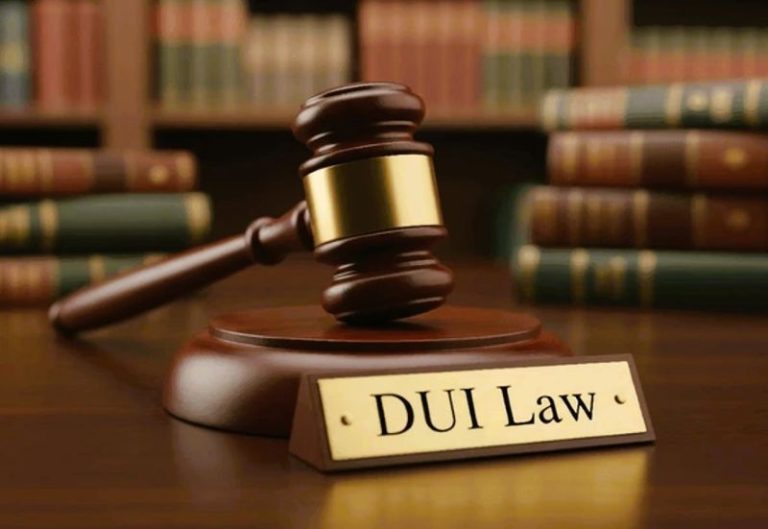

Before exploring the complexities of a personal injury case, it’s essential to understand how their payment structure works. Many accident victims are hesitant to pursue legal action due to the potential costs involved.
However, with a contingency fee arrangement, they can get legal representation without worrying about upfront fees, making it a practical option for those seeking justice. Rather than charging you hourly or a flat fee, they take a certain percentage of your award.
If you do not win, then you do not pay them one dime. So how does a contingency fee arrangement work in personal injury cases?
· Initial Consultation and Agreement: A personal injury lawyer will offer you a free consultation at your first meeting to evaluate your case. You will proceed with the signing of a contingency fee agreement, which spells out the percentage the lawyer will receive upon recovery, among other terms of the case. This will ensure you and the lawyer are on the same page regarding the proceedings.
· Recovery Percentage: This is a contingency fee charged by the attorney to their client in case of recovery. The amount generally ranges between 25% and 40% of what the client receives from the recoveries. This percentage is set according to the strength of the case, as agreed upon in the agreement for verification purposes.
· Case Expenses: In addition to the contingency fee, there are other expenses like filing fees or expert witness fees. The contract should state whether this amount is to be deducted from your award or is to be paid over and above the settlement amount. Quite often, the attorney pays these expenses first and then deducts this from recovery.
· Successful Outcome: When you win a settlement or court award, the lawyer’s fee is taken as a percentage of the total recovery before you receive your share. For instance, if your settlement is $100,000 and the fee is 30%, the lawyer receives $30,000, leaving you with $70,000.
· Unsuccessful Outcome: If you don’t win the case, you typically don’t owe legal fees. However, you may still be responsible for any case-related expenses unless the agreement specifies otherwise. Reviewing these terms ensures you understand your potential financial obligations.
Advantages of a Contingency Fee Arrangement
Contingency fee arrangements open doors for accident victims who might otherwise struggle to afford legal services. With this setup, you don’t have to pay legal fees upfront. Instead, you can access skilled legal representation without worrying about immediate financial strain.
Motivation for Success
Lawyers working on a contingency fee basis are paid only if you win your case, which creates a strong incentive for them to secure the best possible outcome. Their compensation is directly tied to the success of your case, meaning they are motivated to work hard, employ effective strategies, and push for maximum compensation. This alignment of interests can lead to more dedicated and aggressive legal representation, enhancing your chances of a favorable result.
Reduced Financial Risk
One of the significant advantages of contingency fee arrangements is that they minimize your financial risk. If your case does not result in a recovery, you typically do not owe any legal fees. This approach allows you to pursue a personal injury claim with confidence, knowing that you won’t be responsible for paying legal fees unless you win. It helps alleviate the financial pressure of seeking legal redress and encourages you to move forward with your case without the fear of incurring substantial costs if the outcome isn’t favorable.
Potential Drawbacks of a Contingency Fee Arrangement
One of the key aspects to consider in a contingency fee arrangement is the percentage of the recovery that the lawyer will take. This percentage can be significant, which means it will reduce the total amount of compensation you ultimately receive. It’s crucial to discuss and agree on this percentage upfront.
Additional Costs
While the contingency fee covers the lawyer’s payment, clients may still be responsible for additional costs associated with the case. These can include fees for expert witnesses, court filing fees, and other case-related expenses. It’s important to review the contingency fee agreement carefully to see how these additional costs will be handled. Understanding whether these costs will be deducted from the settlement or if you need to pay them separately can help you avoid unexpected financial burdens.
Potential for Disputes
Contingency fee arrangements can sometimes lead to disputes, especially if your case results in a large settlement or if there are disagreements about how costs and expenses are calculated. To minimize the risk of disputes, clear communication and a detailed, well-drafted contingency fee agreement are essential. Make sure all terms, including how fees and costs are determined and paid, are explicitly outlined to prevent conflicts and ensure a smooth process.


